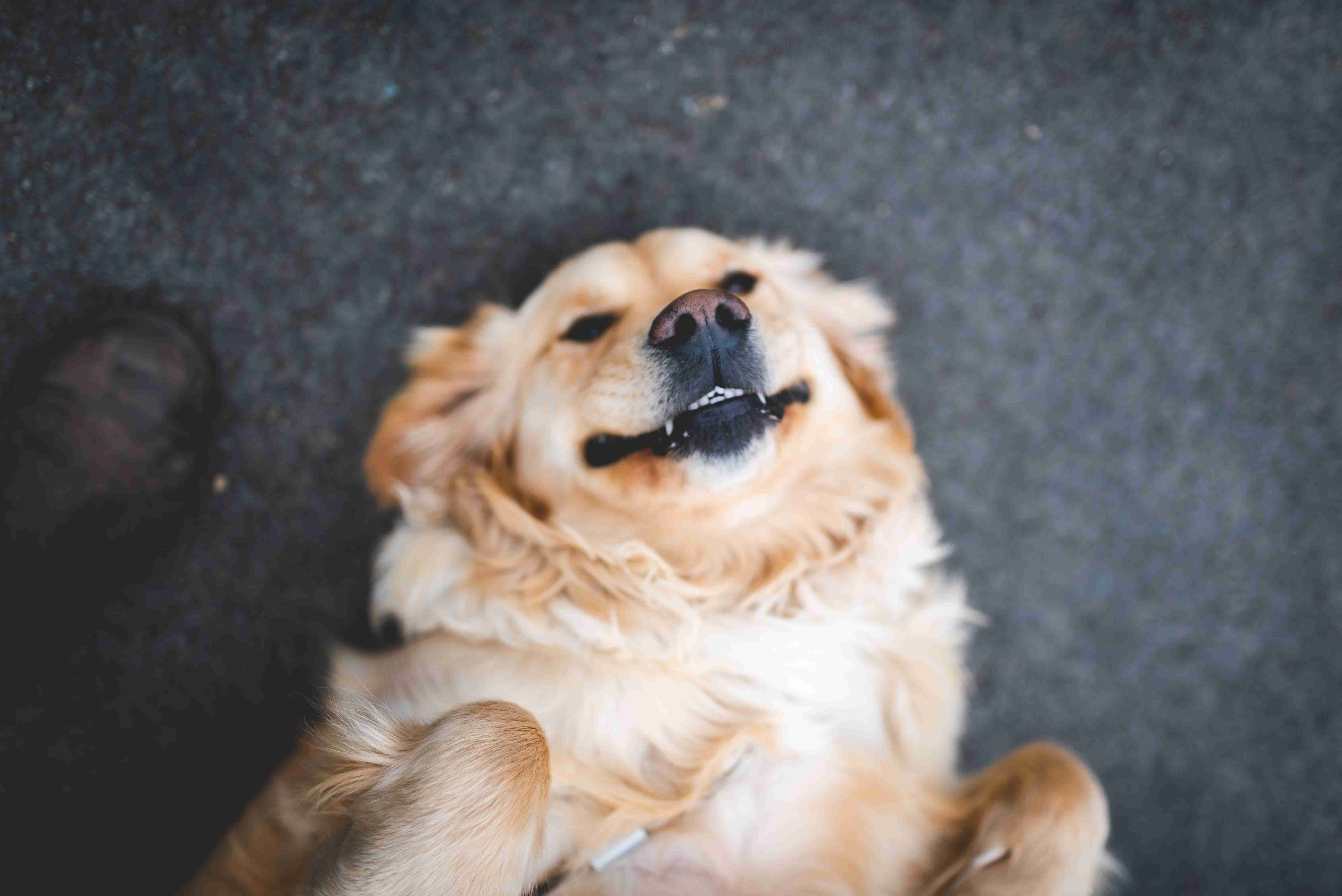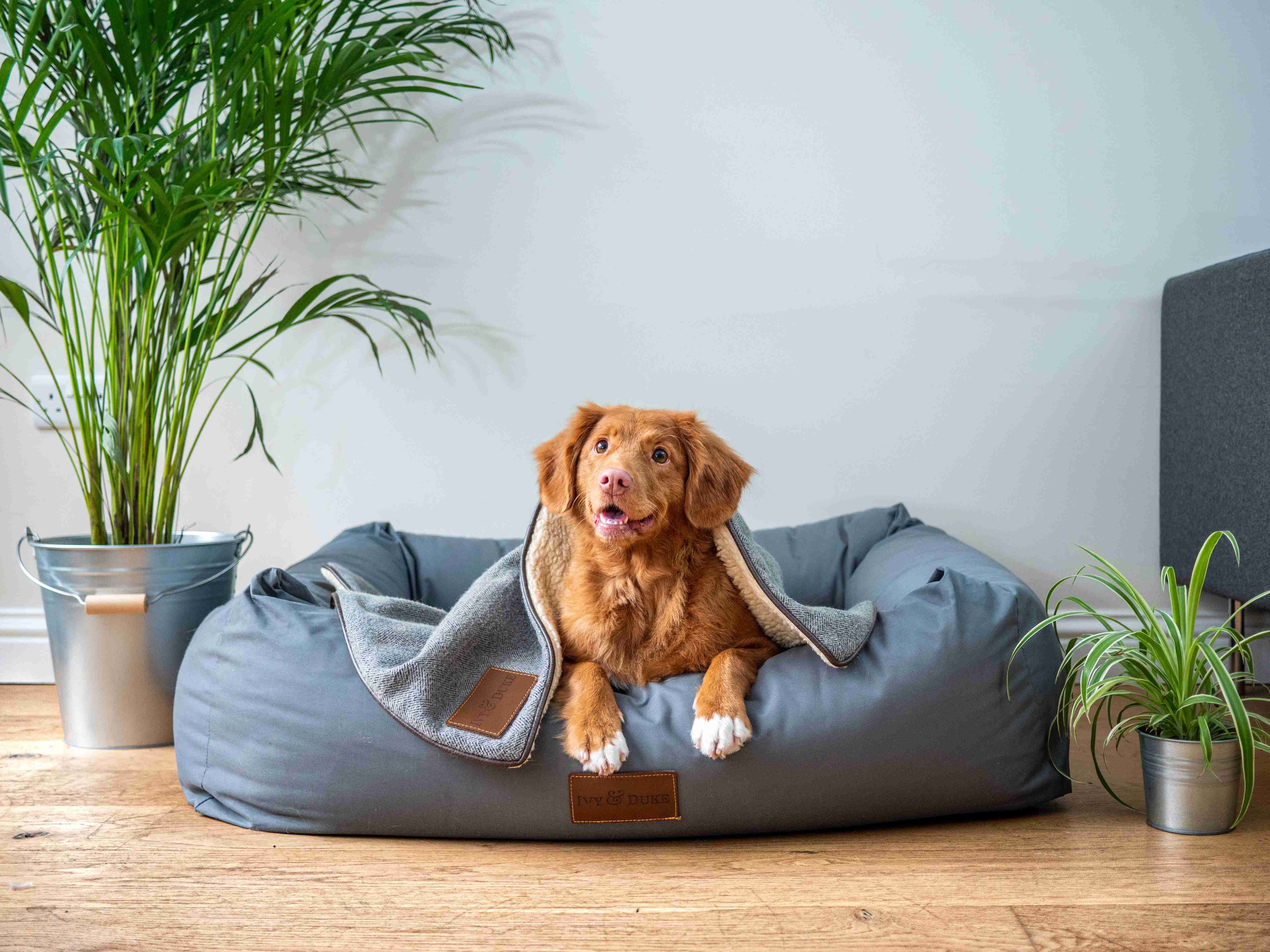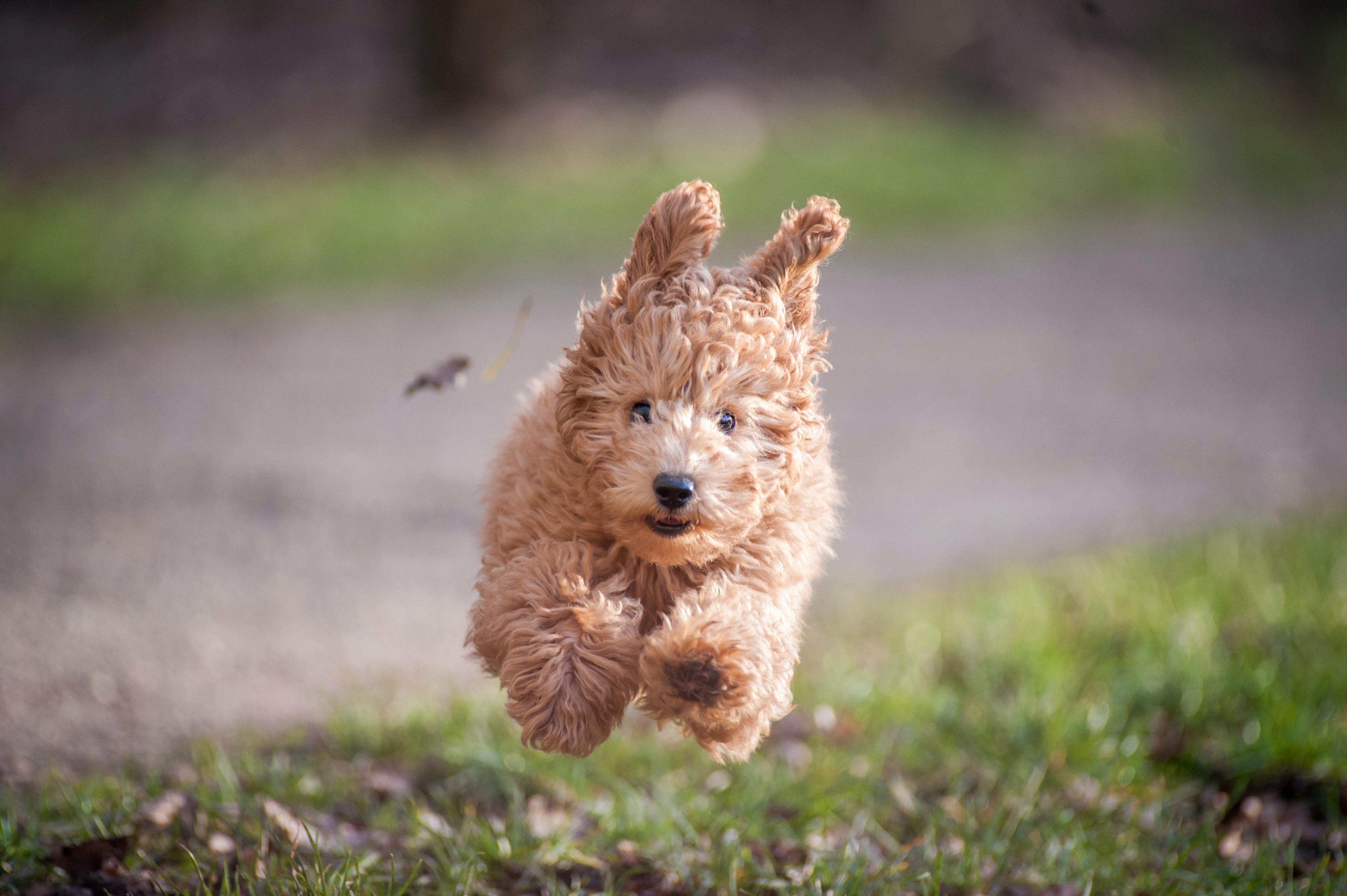.jpg)
Labrador Retrievers are an incredibly popular breed of dog, known for their intelligence, loyalty, and loving nature. However, like any breed of dog, Labradors can become aggressive if not properly trained and socialized, leading to bites and other unwanted behaviors. Fortunately, there are several steps you can take to prevent Labradors from biting and teach them good behavior. In this blog post, we’ll explore the different methods you can use to prevent Labrador Retriever bites and teach your pup good behaviors.
When it comes to canine companions, few breeds are as popular as the Labrador Retriever. These gentle and amiable dogs are beloved for their intelligence, loyalty, and eagerness to please. However, like all breeds, Labradors can be prone to misbehaving and even biting if not properly trained and socialized.
Fortunately, there are a few simple steps you can take to prevent Labrador Retriever bites and teach your dog good behavior. With patience and consistency, you can ensure that your Labrador remains a joy to be around.
- Start Training Early
Training should begin as soon as you bring your Labrador home. This is essential for establishing basic obedience and good behavior. Start by teaching your Lab to sit, stay, and come when called. These are the foundations of a good relationship with your dog and will help prevent problem behaviors from developing.
It’s also important to introduce your puppy to different people, places, and experiences. Socializing your Lab from an early age is key to helping them feel comfortable and relaxed around new people and animals.
- Set Clear Boundaries
Labradors are intelligent and eager to please, but they can also be mischievous and stubborn. To prevent problem behaviors from developing, it’s important to establish clear boundaries from the start. Make sure your Lab knows what is and isn’t acceptable and consistently reward good behavior.
It’s also important to be consistent with discipline. If your Lab misbehaves, don’t get angry or physically punish them. Instead, use positive reinforcement to reinforce the behaviors you want to see.
- Provide Plenty of Exercise and Stimulation
Labradors are active and energetic dogs. To prevent biting and other problem behaviors, it’s important to provide your Lab with plenty of exercise and mental stimulation. Take them for regular walks and give them plenty of toys and activities to keep them entertained.
This is especially important if your Lab is left alone for extended periods of time. Boredom and pent-up energy can often lead to destructive behaviors, so make sure your Lab has plenty to do throughout the day.
- Monitor Your Lab’s Body Language
Labradors are social animals, but they can also become anxious or stressed in certain situations. To prevent bites and other problem behaviors, it’s important to be aware of your Lab’s body language.
If your Lab is showing signs of stress or discomfort, it’s important to remove them from the situation. This could be as simple as leaving the room or taking them for a walk. By being aware of your Lab’s body language, you can help prevent negative behaviors from developing.
- Seek Help if Necessary
If your Lab is exhibiting aggressive or destructive behaviors, it’s important to seek help from a qualified professional. A certified behaviorist can help you identify the underlying cause of your Lab’s problem behaviors and provide you with the tools to address them.
By following these steps, you can help prevent Labrador Retriever bites and teach your dog good behavior. With patience, consistency, and love, you can ensure that your Lab remains a joy to be around.
In conclusion, Labrador Retrievers can be wonderful companions with the right training and proper care. By providing your Lab with appropriate exercise, having reasonable expectations, providing positive reinforcement and consistent training, and socializing them with other people and animals, your Lab will be less likely to bite and more likely to be a joy to have around. With patience, understanding, and the right approach, you can be sure to have a happy and obedient Lab.
Please follow us on Social Media


.jpg)
.jpg)
.jpg)

%20-%20Copy.jpg)

